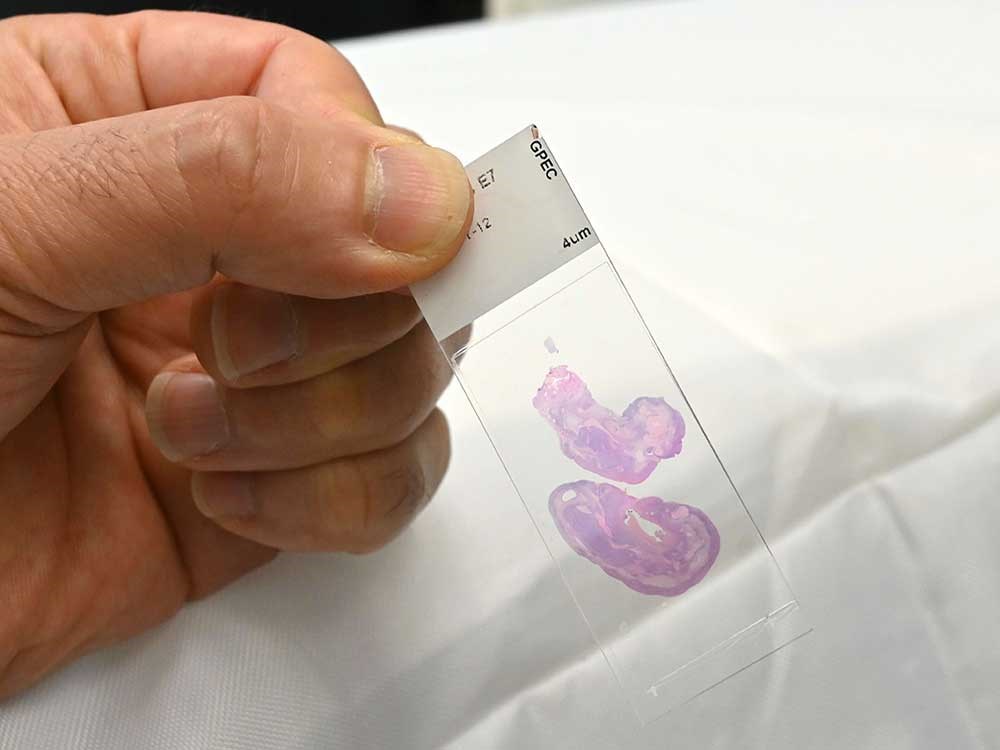Time: 2024-07-22
Artificial intelligence ( AI ) is making significant strides in the field of oncology , particularly in the detection and treatment of common cancers such as Prostate cancer and endometrial cancer . A recent study conducted at UCLA revealed that AI technology was able to identify prostate cancer with an impressive 84 % accuracy , outpacing traditional methods used by physicians , which were only 67 % accurate . The AI tool , known as Unfold AI , developed by Avenda Health in California , utilizes an advanced algorithm to analyze clinical data and visualize the likelihood of cancer in patients.

Dr. Ali Kasraeian , a urologist at Kasraeian Urology in Florida , highlighted the importance of AI technology in enhancing personalized cancer care for patients . By leveraging the information obtained from Unfold AI , healthcare providers can make informed decisions about treatment options , whether it involves focal therapy or radical procedures like prostatectomy or radiation therapy.
Meanwhile , researchers at the University of British Columbia have developed an AI system capable of identifying high - risk endometrial cancer patients who may require more intensive treatment . Dr. Jessica McAlpine , a leading researcher in gynecologic oncology at UBC , emphasized the significance of AI in predicting patient outcomes and tailoring treatment plans accordingly . The AI model has demonstrated the ability to identify patients with higher risks of disease recurrence or mortality , providing valuable insights for oncologists.
One of the key advantages of AI - based diagnostics is its potential to optimize healthcare resources and improve patient outcomes . By identifying patients who require specialized care and treatment , AI can help reduce the financial , social , and logistical burden on individuals seeking cancer treatment . This personalized approach to cancer care could revolutionize the way patients receive treatment , enabling them to stay within their communities for medical care.
Despite the promising advancements in AI technology for Cancer detection and treatment , there are challenges that need to be addressed . Dr. Harvey Castro , an expert in emergency medicine and AI , emphasized the importance of data quality in training AI models and highlighted the need for human oversight in clinical decision - making . While AI can enhance diagnostic accuracy , it should complement rather than replace the expertise of healthcare professionals.
As research continues to explore the potential of AI in oncology , there is hope for more precise diagnoses , personalized treatment plans , and improved patient outcomes . The collaborative efforts of healthcare professionals , researchers , and technology experts are paving the way for a new era in cancer care , driven by the power of artificial intelligence.